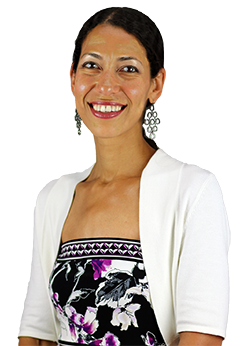Last week, I had the privilege of attending a lecture by a respected AGD dentist and Warren Buffett disciple Dr. Kevin Anderson, who retired from dentistry by 43. Most of us would gasp at that number — I don’t even own my practice yet, and I’m dangerously close to 43.
He now runs his own fund management and has carefully engineered his income into calculated investments, allowing him to project his future income. We don’t all need to retire at that age, but the message he was conveying was to save and invest over time, growing our wealth by the end of our careers.
Dr. Anderson pointed out that not only are Americans generally sluggish in our savings rate compared to our counterparts in the rest of the world, but we also tend to underestimate the power of savings and investments that compound early in our careers. In other words, we don’t start investing early enough.
According to Dr. Anderson, investing generally means leveraging the amount of money saved over a greater amount of time. We spend more than we should, and we save less that we ought to, thereby not taking advantage of time and the power to leverage our savings. Even though we may be tempted to buy nice things now as rewards for working hard, we have to keep in mind retirement. Surely many of us are aware of how much we need to save in order to be able to retire and live the lifestyle we want. Working backwards, that means we ought to have financial goals every month and invest accordingly. This mirrors what we do in our practices every year, so why do we not invest more for retirement?
The lecture placed our livelihood as dentists under the financial microscope, and I realize that external factors affect a dentist’s net income, delaying retirement for many. The costs of practicing dentistry, housing, education and the cost of living have risen, while the return on these investments may not have caught up. However, aside from those variables, we could also benefit from reexamining our daily living costs and shifting our mentality from “I deserve it” to “I could do with less.” If the country’s second-richest man, Warren Buffett, could stay in the same house for 59 years and drive a seven-year-old Cadillac while eating cheap fast food, so could we.
Have you been driving the same car for more than seven years? Could you say that you have not shopped for non-essential items in the last year? When on vacation, do you stay at the cheapest possible hotel? If the answers to all those questions are “no,” be prepared to work until 75. Just kidding. In all seriousness, Dr. Anderson pointed out that it may be a good time to sit down with a pen and a calculator and assess your savings and spending habits.
I have always tried to follow lean living habits, and Dr. Anderson emphasized their value. We all meticulously plan for our dental careers to take off successfully. We love our field and work hard. We ought to apply that same fervor to investments that will ultimately fund the last chapter of our lives. That means investing prudently and early. Let’s adopt Dr. Anderson’s and Warren Buffett’s investing habits that will allow us to proudly and comfortably retire our beloved handpieces when we want to.


Leave a comment